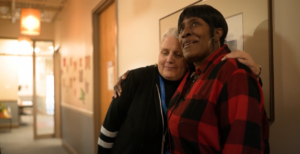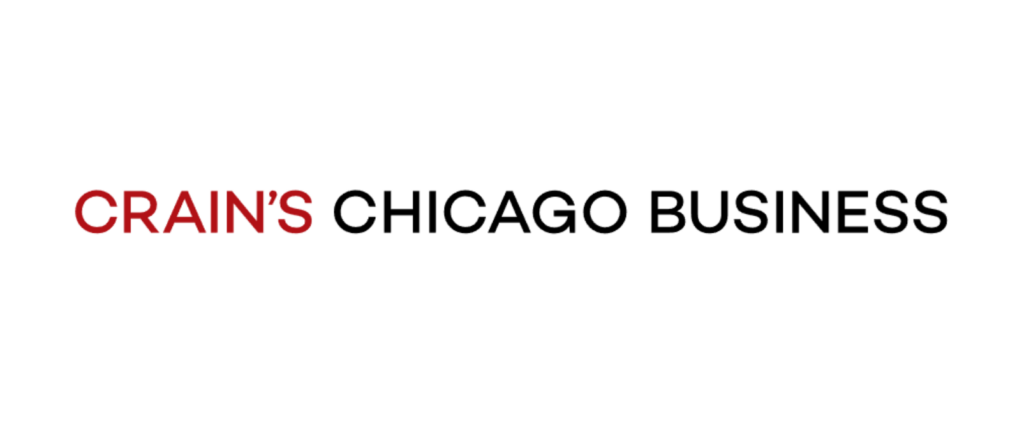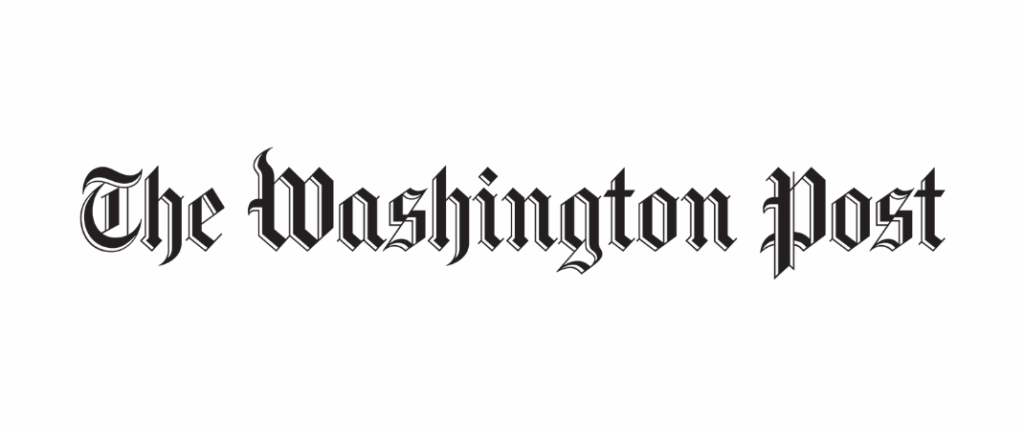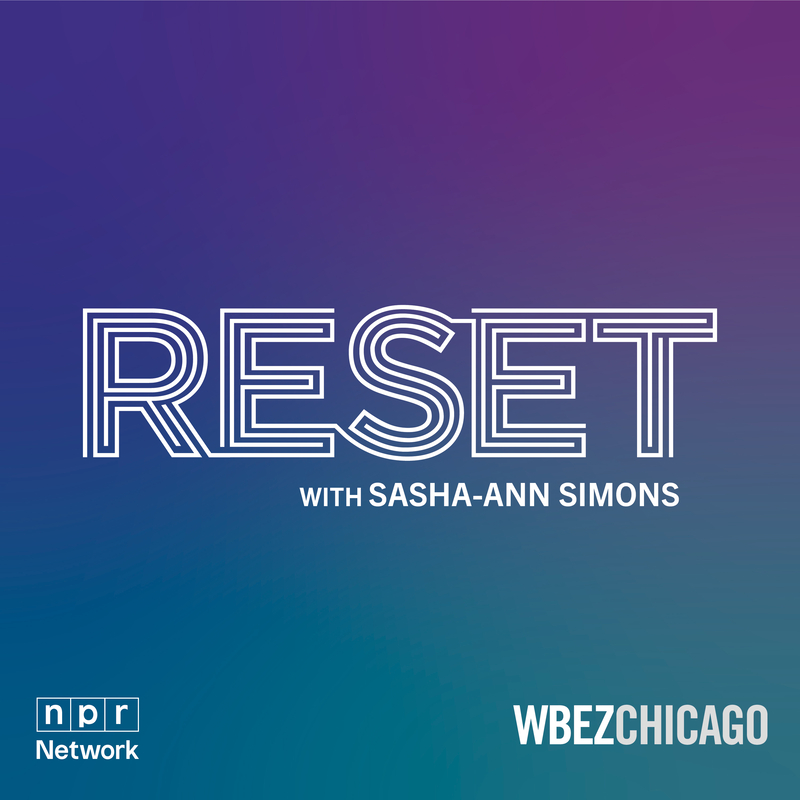Jan 2025
Transforming Criminal Justice Responses to Substance Use: Impacts on Crime, Housing, and Health Outcomes
This paper evaluates the impact of diverting individuals who possess drugs away from arrest and into substance use treatment in Chicago between 2010-2022.
Drug overdose deaths in the U.S. reached a record high of 107,941 in 2022, three quarters of which involved opioids. In response to the scale of the epidemic, hundreds of police departments across the country have begun to divert individuals who possess drugs away from arrest and into substance use treatment. This paper evaluates the impact of this approach using arrest-level variation in diversion eligibility in Chicago between 2010-22 in a triple difference framework. We find that drug arrest diversion primarily reached individuals who used narcotics every day, increased connections with substance use treatment, and reduced subsequent arrests, including arrests for violent offenses, but had no discernible impact on fatal or non-fatal overdose risk.

Agent-Based Model of Combined Community- and Jail-Based Take-Home Naloxone Distribution
This paper outlines the impact and cost-effectiveness of naloxone distribution, particularly for people facing criminal justice involvement.

Empirical Analysis of Prediction Mistakes in New York City Pretrial Data

Brookings Institution Commentary: Making the invisible epidemic visible
Using new data from a large urban trauma center in Chicago, we document substantial under-reporting of domestic violence at the time of receiving medical care.

Video about the Narcotics Arrest Diversion Program
This video provides an overview of the Crime Lab’s evaluation of the Narcotics Arrest Diversion Program, a program implemented by the community behavioral health provider Thresholds.
Latest Updates
Violent crime is falling in Chicago. But will it last?
Greg Hinz for Crain’s Chicago Business provides commentary on the city of Chicago’s declining violent crime rates and highlights Crime Lab analysis of homicide data for New York, Los Angeles, and Chicago from 1890-present.

Opinion: The good news about murder
In an op-ed for the Washington Post, E.J. Dionne Jr. highlights recent declines in homicides and shootings in the U.S. and discusses this return to pre-pandemic crime levels with Crime Lab leaders Roseanna Ander, Jens Ludwig, CVI Leadership Academy Executive Director Chico Tillmon, and former Los Angeles police chief and advisor to the Policing Leadership Academy Charlie Beck.

How Chicagoans are working to lower homicide, shooting numbers
Crime Lab Executive Director Katie Hill joined WBEZ Chicago’s Reset podcast with Sasha-Ann Simons to discuss strategies for maintaining the recent downward trends in shootings and homicides as local violence prevention groups navigate federal funding cuts to research-backed CVI programs.

